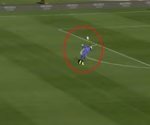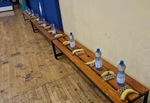RS opposition publishes 'Reform Programme' Bosnia is sending to NATO
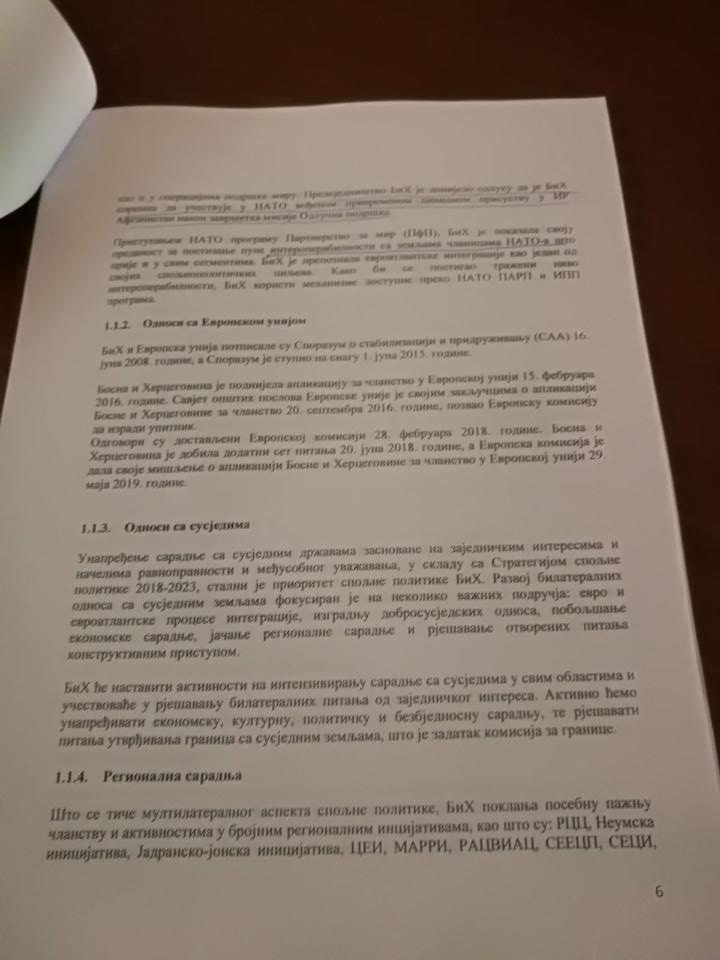
Opposition parties from Bosnia's Serb-dominated Republika Srpska (RS) entity have made the 'Reform Programme' which Bosnia is sending to NATO instead of the Annual National Programme (ANP), available to journalists, Friday.
Oglas
Bosnia was initially supposed to send its Annual National Programme (ANP) to the alliance, which would be the next step toward NATO membership and would activate the country’s Membership Action Plan (MAP).
But Bosnian Serb leadership, most of all the Alliance of Independent Social Democrats (SNSD) and its leader Milorad Dodik, opposed any further steps toward Bosnia’s NATO membership being made.
The document states that it will be submitted to NATO HQ in Brussels “without prejudice to the decision on NATO membership, the adoption of which will require additional decisions from the Bosnian Presidencies and Parliamentary Assembly.
Oglas
It further states that “Bosnia and Herzegovina is committed to an active, international, political, economic, military and security co-operation and will make additional efforts to pursue its strategic interests in joining and institutionalizing relations with relevant international structures.”
“Bosnia and Herzegovina's foreign policy is focused on maintaining and improving lasting peace, security and stable democratic and secular state development and contributing to international peace and stability,” The document says, among other things.
When it comes to the country's participation in peace-support operations, the three Presidency members agreed to Bosnia's active participation in “peace support operations, [and the] present NATO-led "Resolute Support" mission in the Islamic Republic of Afghanistan. As a NATO partner country, Bosnia and Herzegovina is interested in further developing its relations with NATO, including the participation in joint military exercises and crisis response.”
The document also discusses Bosnia's military budget and its distribution, security issues, human rights, justice sector, anti-corruption, border security, EU relations, regional cooperation and other matters.
Oglas
NATO remains unpopular with Serbs in both Serbia and in Bosnia's Serb-majority semi-autonomous entity of Republika Srpska (RS) since the alliance launched airstrikes against the Bosnian Serbs during the 1992-95 Bosnian war and against the Serbian military in 1999 during the conflict between Belgrade and ethnic Albanians in Kosovo.
The issue was at the centre of a deadlock which prevented the country from forming a government for more than a year after the October 2018 election and produced a political crisis in the country.
The crisis ended in November when Dodik, who is the Serb member of Bosnia’s tripartite Presidency, agreed with his Bosniak and Croat counterparts to form the government and send a different document, the Reform Programme, to NATO.
Bosnian Serb opposition parties then accused Dodik of betraying Serb interests, arguing that the Reform Programme and the ANP are the same.
Oglas
Dodik, however, argued that the Reform Programme does not predict Bosnia's membership in the alliance.

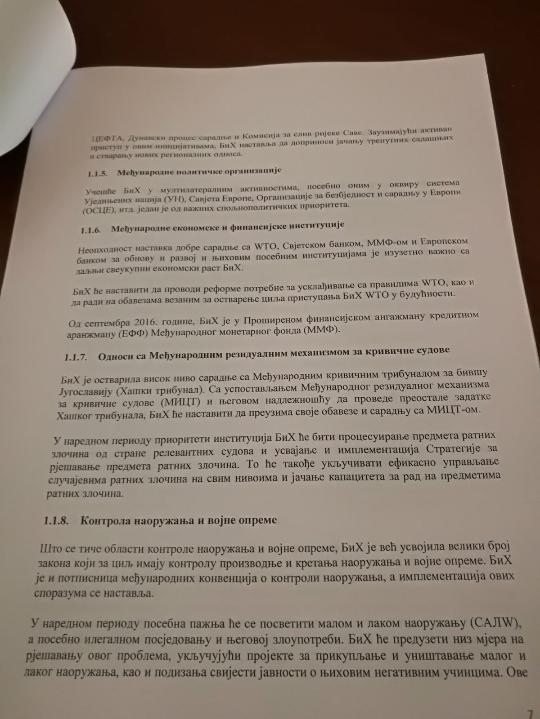
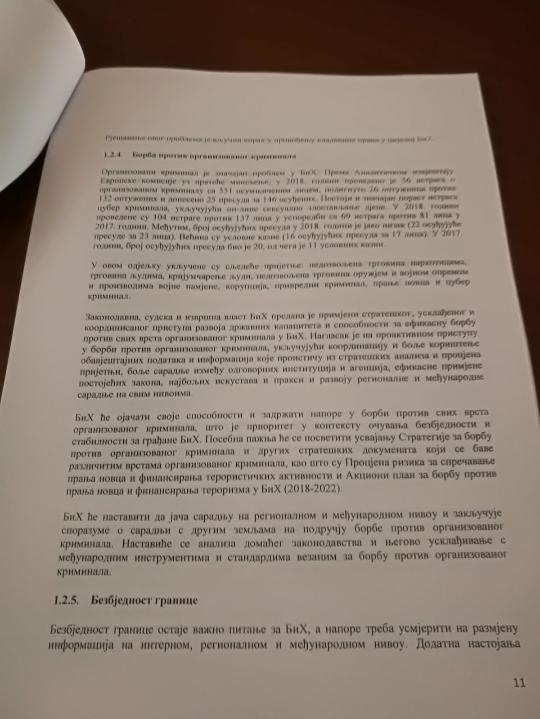

N1 | N1
Više
N1 | N1
Više
N1 | N1
Više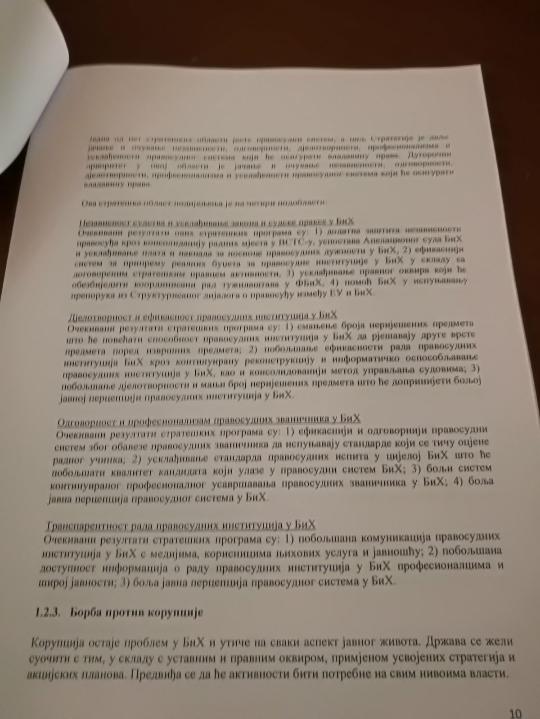
N1 | N1
Više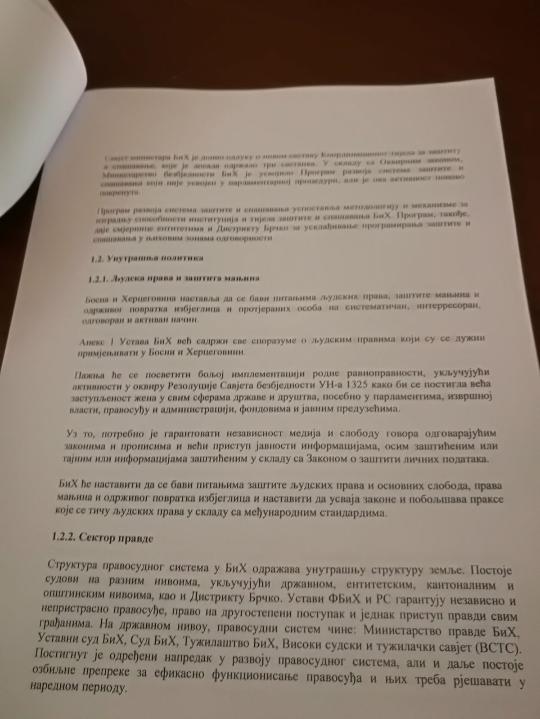
N1 | N1
Više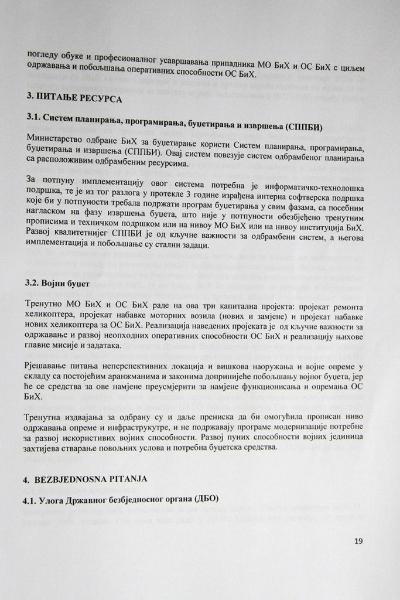
N1 | N1
Više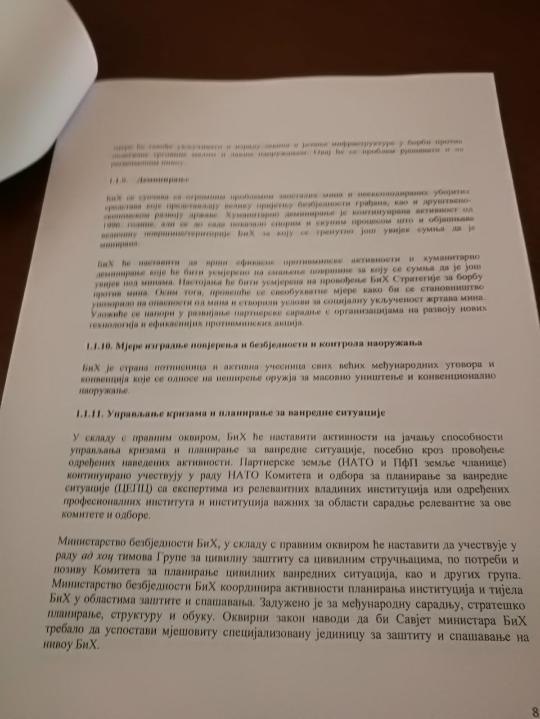
N1 | N1
Više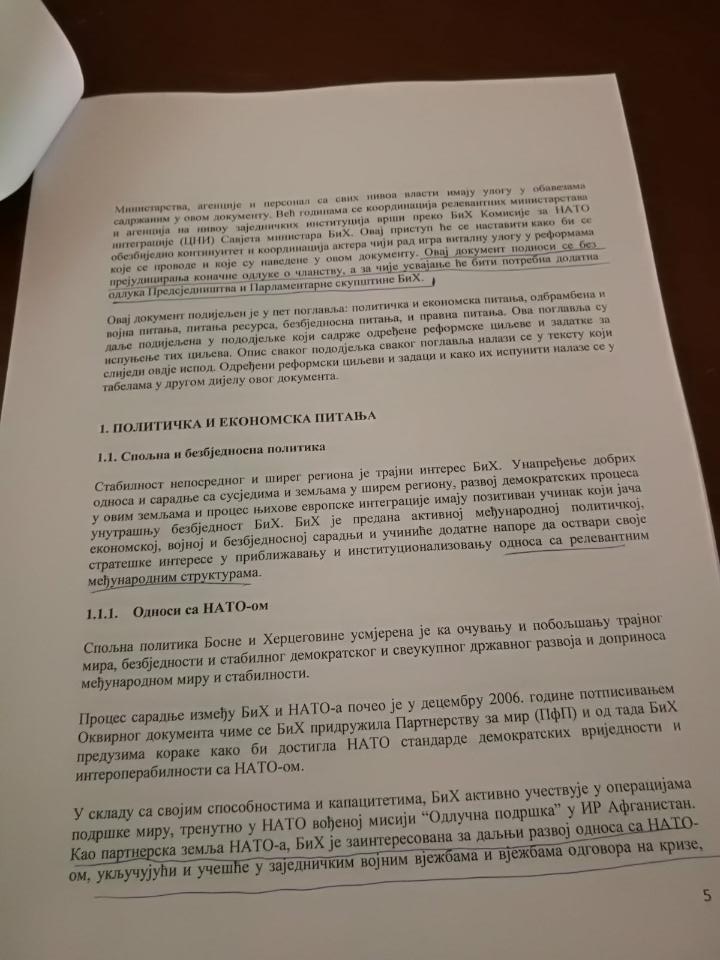
N1 | N1
VišeKakvo je tvoje mišljenje o ovome?
Učestvuj u diskusiji ili pročitaj komentare
Oglas
Kakvo je tvoje mišljenje o ovome?
Učestvuj u diskusiji ili pročitaj komentare
Oglas
NAJČITANIJE
Oglas
Oglas
Najnovije
Oglas
Oglas





 Srbija
Srbija
 Hrvatska
Hrvatska
 Slovenija
Slovenija






















